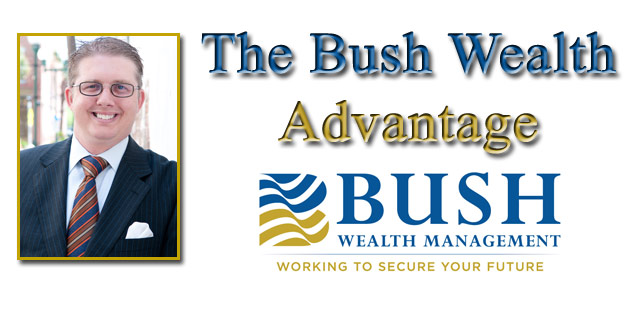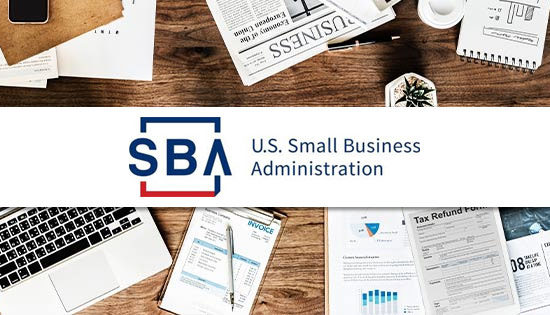Stacy Bush, Valdosta Today Finance Contributor
Whether you’re seeking to manage your own assets, control how your assets are distributed after your death, or plan for incapacity, trusts can help you accomplish your estate planning goals. Their power is in their versatility–many types of trusts exist, each designed for a specific purpose. Although trust law is complex and establishing a trust requires the services of an experienced attorney, mastering the basics isn’t hard.
What is a trust?
A trust is a legal entity that holds assets for the benefit of another. Basically, it’s like a container that holds money or property for somebody else. There are three parties in a trust arrangement:
•The grantor (also called a settlor or trustor): The person(s) who creates and funds the trust
•The beneficiary: The person(s) who receives benefits from the trust, such as income or the right to use a home, and has what is called equitable title to trust property
•The trustee: The person(s) who holds legal title to trust property, administers the trust, and has a duty to act in the best interest of the beneficiary
You create a trust by executing a legal document called a trust agreement. The trust agreement names the beneficiary and trustee, and contains instructions about what benefits the beneficiary will receive, what the trustee’s duties are, and when the trust will end, among other things.
Funding a trust
You can put almost any kind of asset in a trust, including cash, stocks, bonds, insurance policies, real estate, and artwork. The assets you choose to put in a trust will depend largely on your goals. For example, if you want the trust to generate income, you should put income-producing assets, such as bonds, in your trust. Or, if you want your trust to create a fund that can be used to pay estate taxes or provide for your family at your death, you might fund the trust with a life insurance policy.
Potential trust advantages:
•Minimize estate taxes
•Shield assets from potential creditors
•Avoid the expense and delay of probate
•Preserve assets for your children until they are grown
•Create a pool of investments that can be managed by professional money managers
•Set up a fund for your own support in the event of incapacity
•Shift part of your income tax burden to beneficiaries in lower tax brackets
•Provide benefits for charity
Potential trust disadvantages
•There are costs associated with setting up and maintaining a trust, which may include trustee fees, professional fees, and filing fees
•Depending on the type of trust you choose, you may give up some control over the assets in the trust
•Income generated by trust assets and not distributed to trust beneficiaries may be taxed at a higher income tax rate than your individual rate
Stacy Bush has practiced independent financial advising in the Valdosta area for 14 years. Growing up on a farm in Donalsonville, Georgia, he is keen to the financial needs of South Georgia and North Florida families. Stacy and his wife, Carla, live in Valdosta with their four children. You can submit questions about this article to askstacybush@lpl.com












